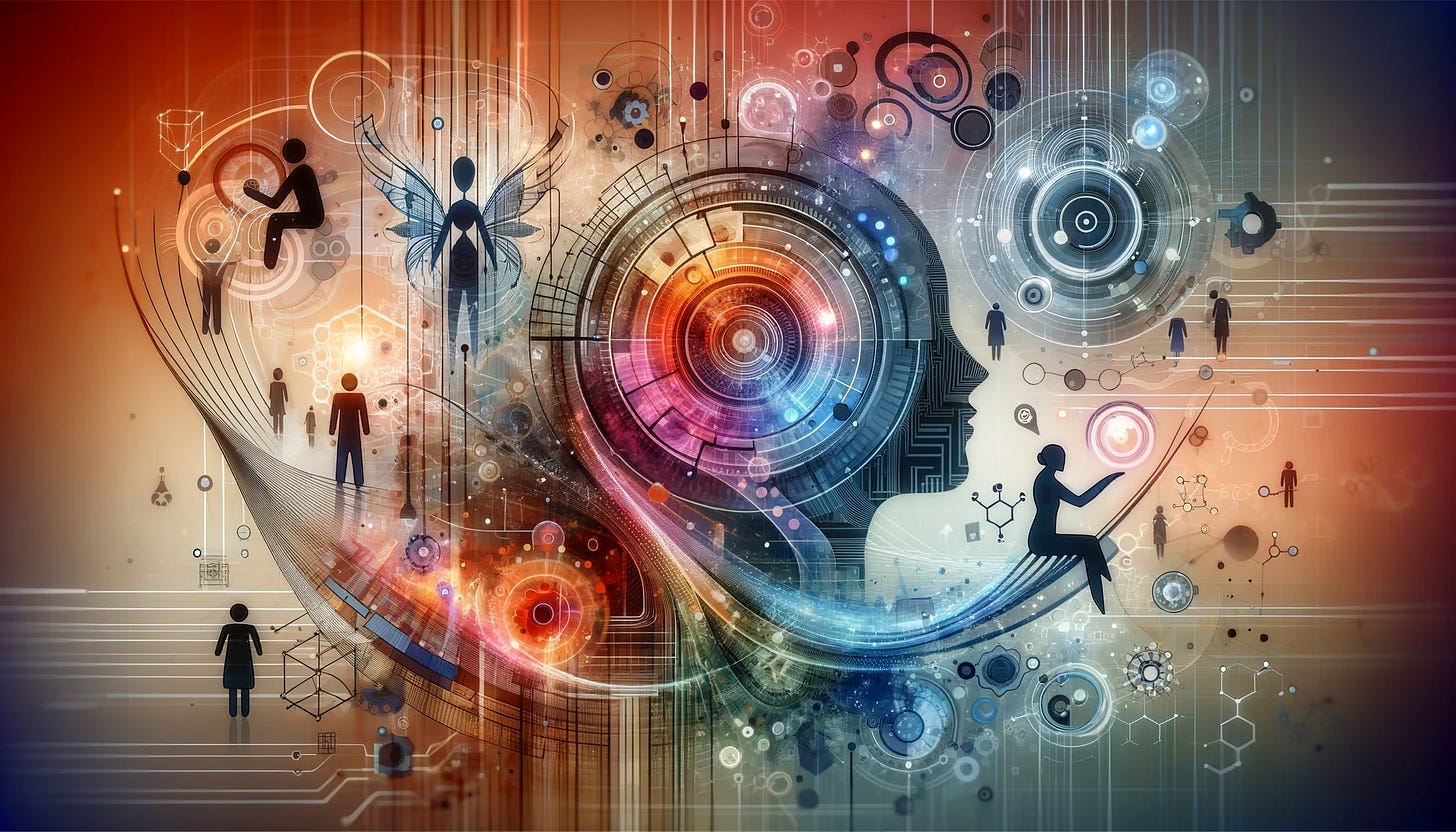AI: The Silent Game-Changer
It won't be a bang, It will be a whisper.
Welcome to FullStack HR, and an extra welcome to the 104 people who have signed up since last week.
If you haven’t yet subscribed, join the 6100+ smart, curious HR folks by subscribing here:
Happy Friday, folks!
Busy week this week, I’m writing this late at night from a hotel room in Liverpool where I’ve been hosting manager training for our managers this week.
Always fun to meet managers and to talk about all things leadership.
It reminds me of why I love working in HR - it has its ups and downs, but it’s an amazingly fun role.
But enough of that. Let’s dive into today’s topic!
AI: The Silent Game-Changer
I admit I’ve tried to quit Twitter several times. It’s not the Twitter I signed up for and fell head over heels with 14 years ago. But whenever I try to step back, something pulls me back in.
Lately, it’s the debate around AI, with the 'giants' of the field, like Yann LeCunn, Gary Marcus, Max Tegmark, Eliezer Yudkowsky, and Sam Altman, leading the charge.
They don’t always see eye to eye, and that’s the beauty of it.
These giants of AI clash in the open, mostly steering clear of the usual ugly Twitter brawls. It’s a rollercoaster of perspectives that makes me way more informed about the ins and outs of AI.
But there’s one thing I’m missing in the debate because the debate tends to center around whether or not AGI will kill us all. I’m leaning towards the idea that it will not, but there’s one thing I can’t get around: even if it doesn’t kill us all, it will impact work. Or perhaps, is it already impacting work? And why does that matter?
The role of work.
The role of work in our lives is well-documented; it’s a massive chunk of who we are. The sense of belonging, feeling connected, and that interdependence vibe at work? They’re not just feel-good factors – they're essential for our well-being.
On the other hand, studies show generative AI can crank up productivity by up to 40%, and it’s the newbies and the less-skilled workers who stand to gain the most. For example, customer service reps with AI tools solve problems 14% faster. And for the rookies? They see their productivity soar by up to 34%. It’s like AI is handing out shortcuts to expertise and skills.
When AI is in its element, for tasks right in its wheelhouse, the productivity jumps are jaw-dropping. Consultants armed with AI knock out tasks 25.1% faster, with their work quality shooting up by over 40%. The catch? When AI steps out of its comfort zone, accuracy can plummet by 19 percentage points.
It’s a classic case of walking the tightrope along the 'jagged technological frontier' – where mixing human smarts with AI power is key.
So here's the kicker: AI might not be the doomsday machine some fear, but it's definitely reshaping our work landscape. In a world where the bottom line often rules, the push for AI-driven efficiency is not just coming – it's already knocking at the door.
And that poses some serious brain teasers for us in HR.
What happens when AI pumps up our team’s efficiency by 10%?
Do we start handing out pink slips, or do we channel that extra juice into something groundbreaking?
This won’t happen overnight. It won’t happen with a bang, but there’s already a silent push toward increasing productivity and efficiency.
I’ve said it before, but I’ll say it over and over again.
This is our moment to get ahead of the curve.
How could you incorporate AI as part of your workforce strategy already now?
How can you make sure that you keep your employees employable?
Or, simply, how do we make sure we create and maintain a society where people have a place to go to find a sense of belonging?
I started this article by saying and showing that this is important - and what happens if we create a society where work is less important? How do we fill that void if we don't see a need for as many workers as we have done in the past?
It's not just about keeping up with the times; it’s about steering the ship into uncharted waters.
I'm banking on that we'll adapt, invent new roles, and find our footing.
But it's going to take an elaborate effort from us.
So, let’s roll up our sleeves and get to it.



